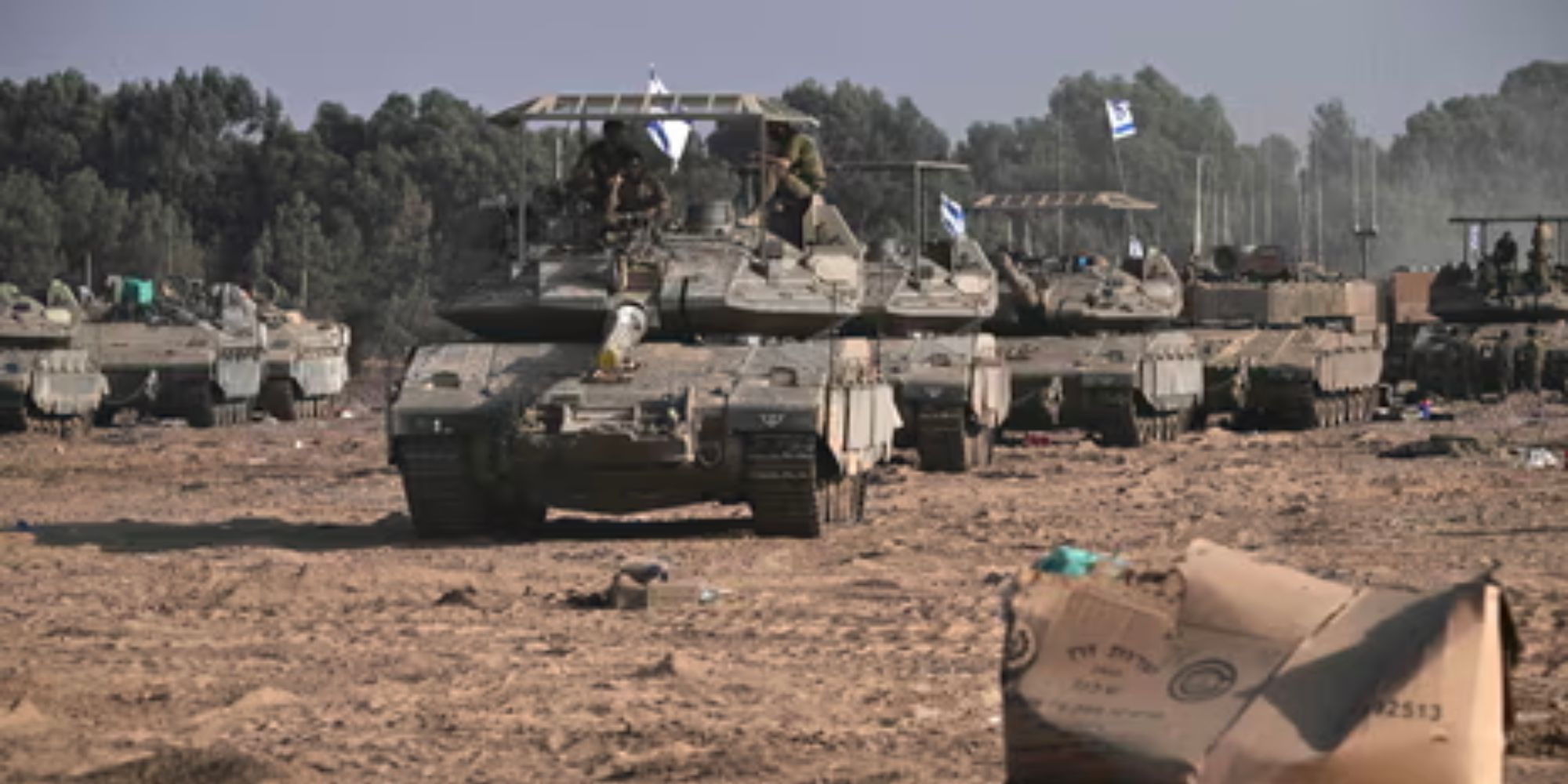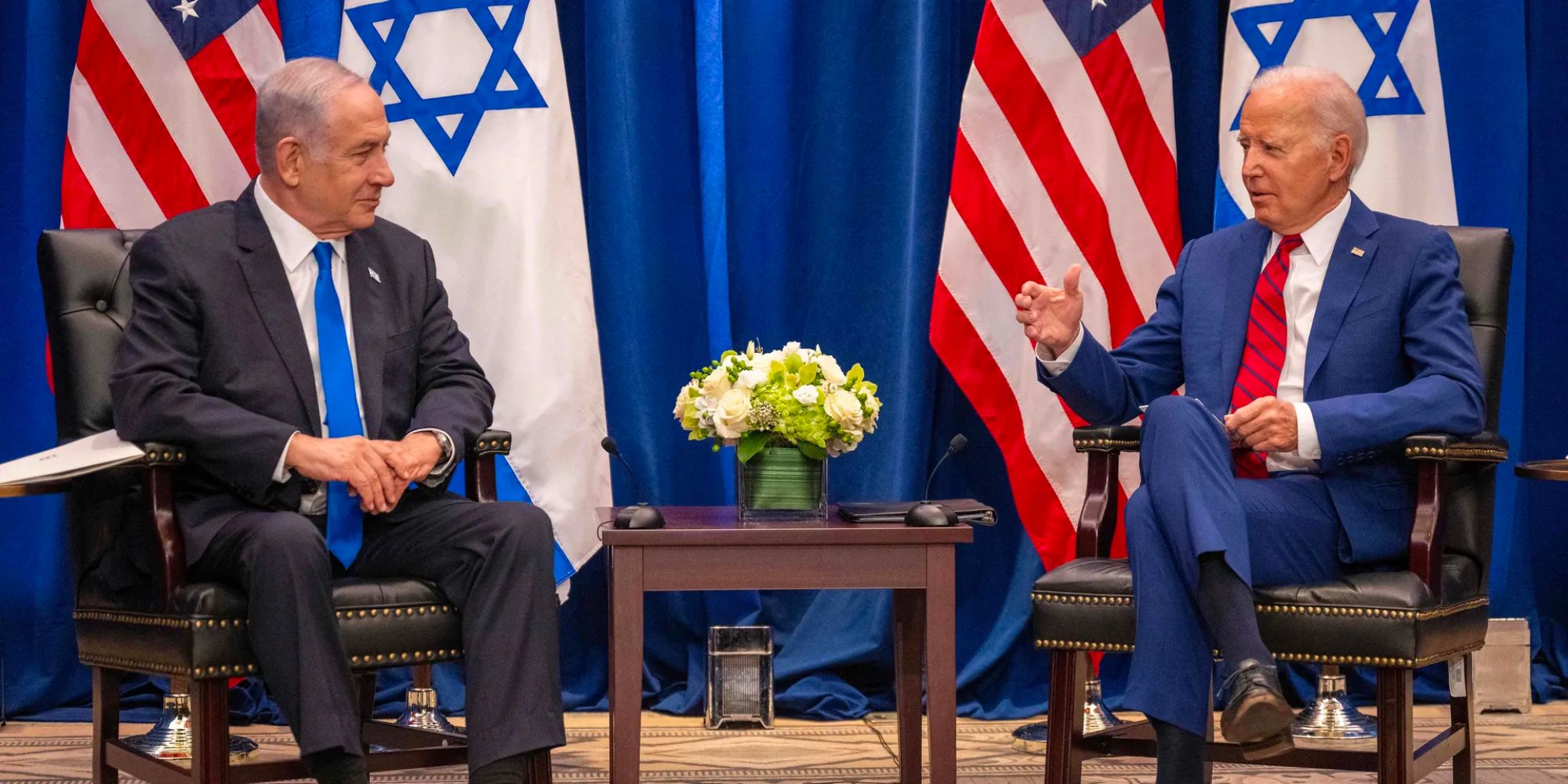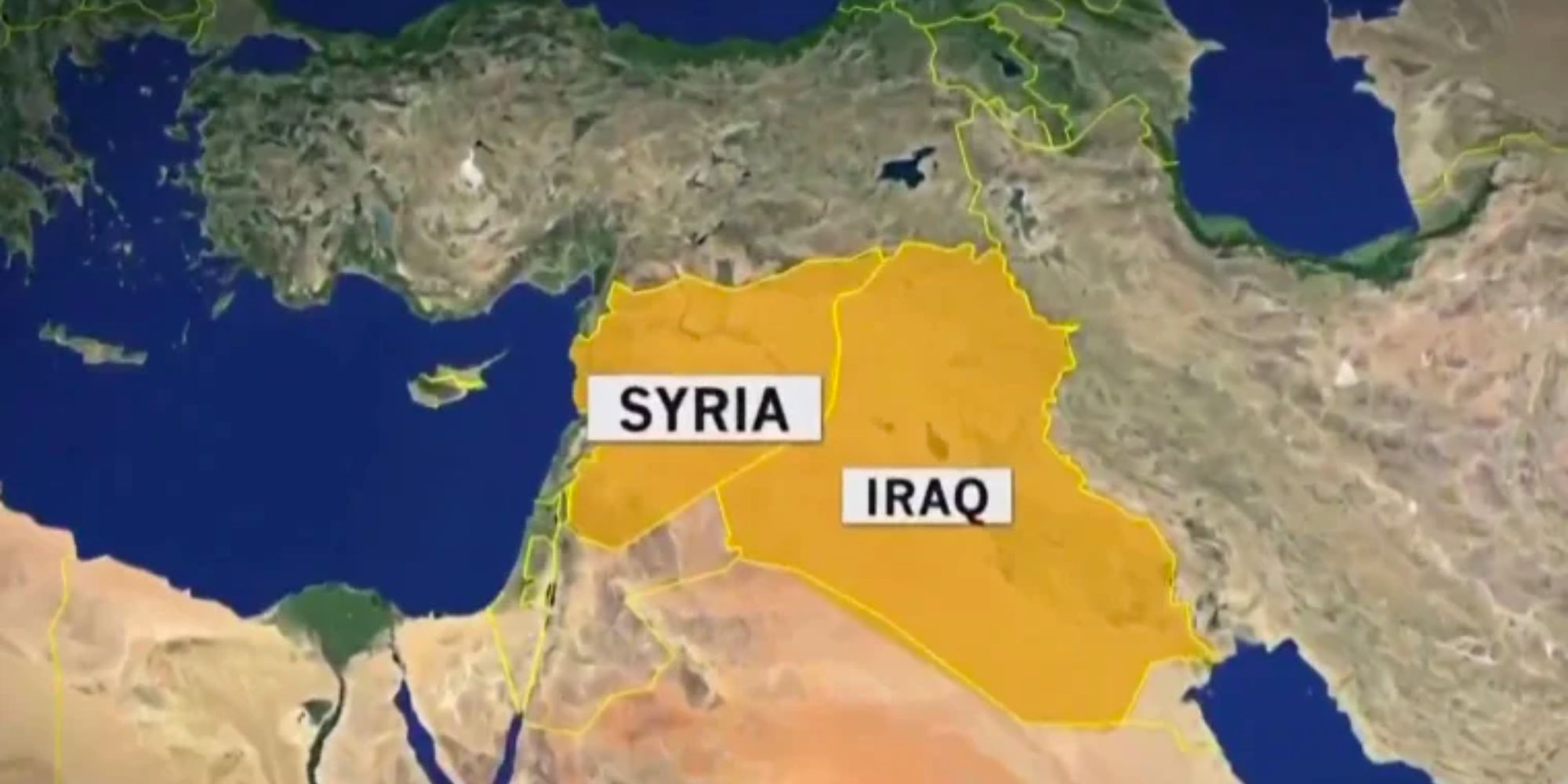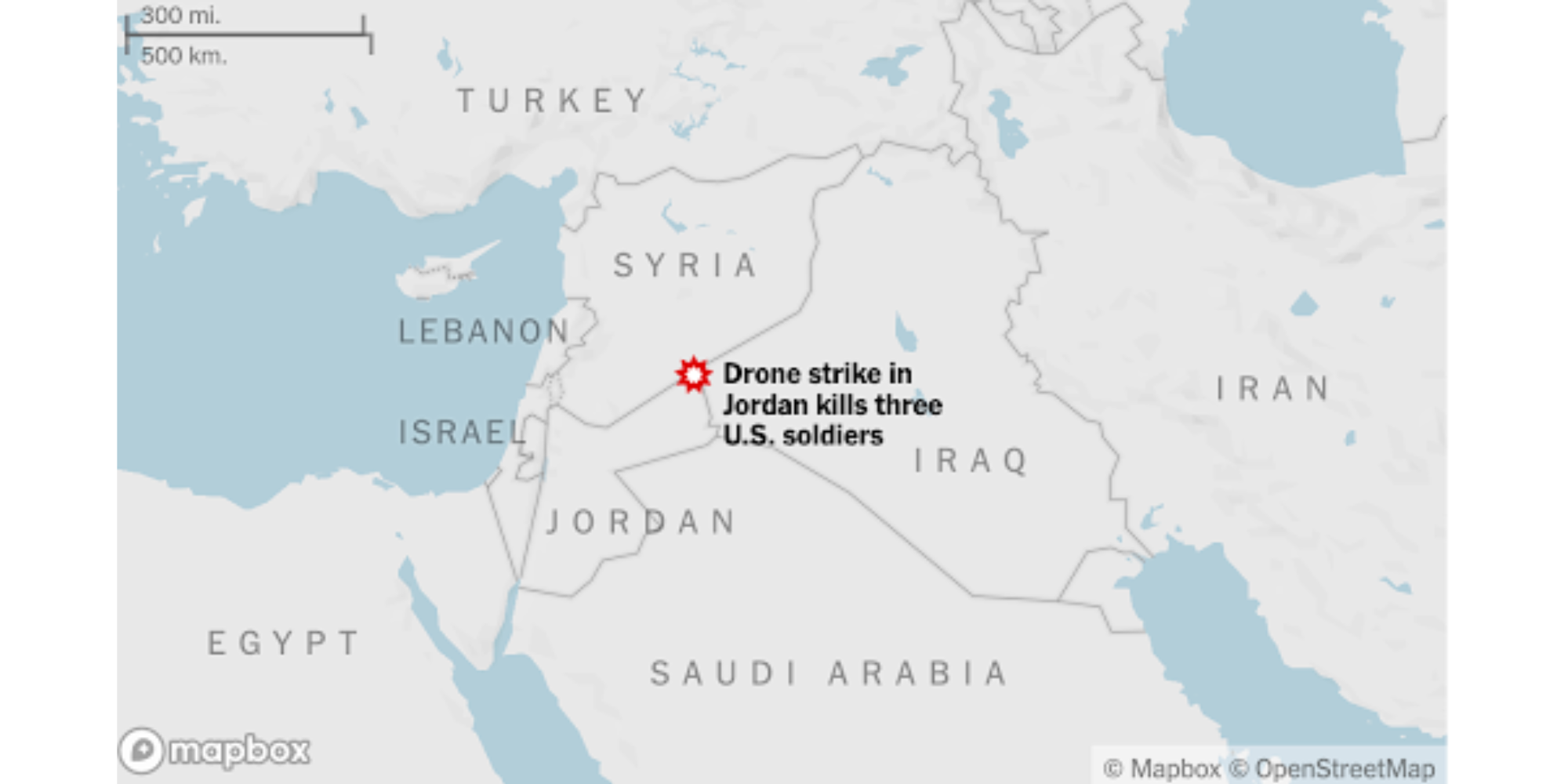CRISIS ONGOING
Israel’s military is continuing its aerial bombardment of Gaza in anticipation of a ground assault, while additional aid trucks enter Gaza amidst rising pleas for more assistance to the hard hit region. The Israeli military is also conducting targeted ground assaults against Hamas positions. U.S. officials maintained their dedication to ensuring additional humanitarian resources enter Gaza and are seeking to delay an Israeli ground offensive in the hopes of rescuing more hostages.
- Humanitarian Crisis: Limited deliveries of aid arrived through the Rafah crossing into the Gaza Strip today, but relief groups continued to warn the amount of aid provided is insufficient to curb the unfolding humanitarian crisis. Based on open source reporting, hospitals in Gaza are operating at 150 percent capacity, numerous hospitals shut down, and the U.N. scaled back humanitarian operations due to a lack of fuel. According to the Palestinian Ministry of Health and as of writing, at least 7,000 people have been killed in Gaza. More than 1,400 were killed in Israel, according to Israeli authorities.
- U.S. Support: U.S. officials advised Israel to delay a ground assault into the Gaza Strip to continue negotiations to free more hostages, and to prevent a broader conflict or provoke retaliatory strikes against U.S. interests in the region. According to traditional news media, at least 21 U.S. service members were injured by attacks in Iraq and Syria last week by Iranian proxy groups. Attacks by these groups against U.S. interests are increasing since the conflict began.
- Military Operations: Although Israel’s military has not announced the timing for a likely ground invasion in Gaza, officials announced they are stepping up their bombardment of the Gaza Strip in preparation for the “next stage of combat.” Israeli Defense Forces (IDF) conducted targeted ground operations and continued air strikes against hundreds of Hamas positions, according to open source reporting.
- Regional Relations: International officials remain concerned about a multi-pronged war in the region, particularly if the Israelis conduct a ground assault in Gaza or a major strike against Hezbollah. IDF said it struck military infrastructure in Syria killing several soldiers. Iranian-backed proxy groups are also ramping up strikes against Israeli and western interests in the region.
- Protests: Pro-Israeli and pro-Palestinian protests continued in locations across the globe throughout the week, though most remained peaceful. Additional demonstrations are planned for this weekend in London, Paris, and New York and will likely attract larger numbers of participants.
CYBER IMPLICATIONS
Cyber attacks are continuing as state-sponsored hackers and those sympathetic to Hamas are working to make the conflict the next front of cyberwarfare.
- A pro-Palestinian group claimed to breach computer systems at Nevatim Air Force Base and gained access to security cameras and information regarding personnel. Various hacktivist groups claimed on Telegram to be targeting Israel’s Ministry of Defense and Parliament. Further, various groups threatened cyberwarfare against nations who support Israel, with India, the United Kingdom, and Australia specifically identified as targets.
- According to open source reporting, hacktivist groups are increasingly focused on information operations to shape public opinion of the conflict. Experts anticipate state-sponsored actors, particularly from Iran, will amplify activity to manipulate social media platforms and create fictitious hacktivist groups to influence media coverage.
RECOMMENDATIONS
We continue to urge anyone with business interests in Israel and the surrounding regions to exercise extreme caution while events remain fluid, and to consider postponing any upcoming travel. We also urge travelers worldwide to avoid all demonstrations and maintain awareness of their surroundings, particularly in areas with protest activity.
- Protests continue throughout the globe as the U.S. State Department (DoS) is urging citizens to remain vigilant and curb travel to several locations, including Lebanon and Iraq. DoS issued a worldwide travel advisory on October 20, noting U.S. citizens should remain alert in locations frequented by tourists due to “increased tensions in various locations around the world, the potential for terrorist attacks, demonstrations or violent actions against U.S. citizens and interests.”
- DoS raised its travel advisory for Lebanon to the most severe level, warning Americans not to visit the country and authorizing the departure of family members of U.S. personnel. DoS officials also announced the ordered departure of nonessential American government employees and family members from Iraq, as U.S. officials reportedly fear Iraqi militias supported by Iran will attack the 2,500 U.S. troops stationed in the country and other American institutions.
- Travelers are most vulnerable in crowded areas, such as outdoor markets, tourist destinations, government buildings, and underground stations.
- In the event of a terrorist attack or no-notice event, we advise travelers to listen to emergency officials for instructions and report anything out of the ordinary.
- We continue to recommend delaying travel in and around Israel, Egypt, Lebanon, Saudi Arabia, Qatar, and other portions of the Gulf as nearby countries almost certainly will be drawn further into the unfolding conflict. Travel in and out of the region almost certainly will be significantly delayed or disrupted.
- Many international airlines, including U.S. carriers, have suspended travel to and from Israel. Cruise and yacht operators also announced they would adjust itineraries in the region and would not be making calls to ports near Israel.
- We urge all travelers to remain vigilant as they might be targeted by individuals with perceived grievances regarding the current situation. Anti-American, anti-Jewish, and anti-Muslim sentiment is rising due to the ongoing crisis.
- The FBI and Department of Homeland Security issued a warning of potential domestic lone actors attacks due to an increase in threats reported against Muslim, Jewish, and Arab communities.
- We encourage all businesses–particularly tech companies, those with oil interests, and others in other energy related sectors–to keep a watchful eye on the unfolding crisis. Oil prices could surge to above $100 a barrel if the Israel-Hamas crisis widens.
We recommend companies based in Israel to continue taking steps to protect their businesses and employees. Corporations should consider evacuating staff from offices inside Israel or ask employees to work from home.
CONCENTRIC CAN HELP
If you or your business needs help in or around Israel, please reach out to Concentric’s experts for support. Concentric can provide:
- Emergency evacuation and secure transportation.
- Support from local and regional partners.
- Active monitoring and intelligence support, including tailored reports and briefings.
- Travel and risk assessments.
- Tailored security consulting.
- Executive protection agents.
- Cybersecurity and digital privacy protection.
If anyone is interested in a briefing with Concentric’s Chief Executive Officer Mike LeFever or a member of Concentric’s team on any of these topics, please do not hesitate to contact us.
Feature image source.






